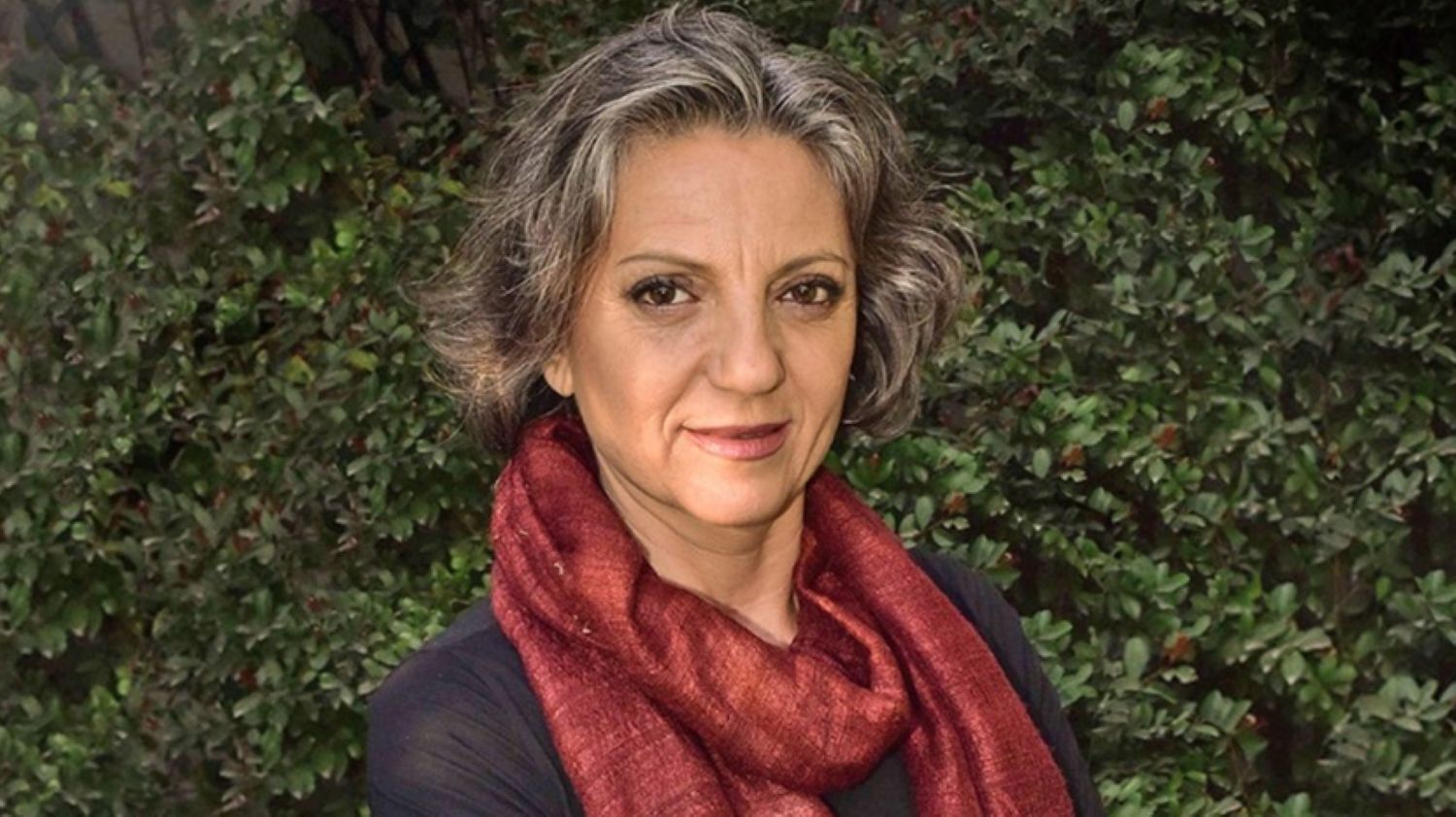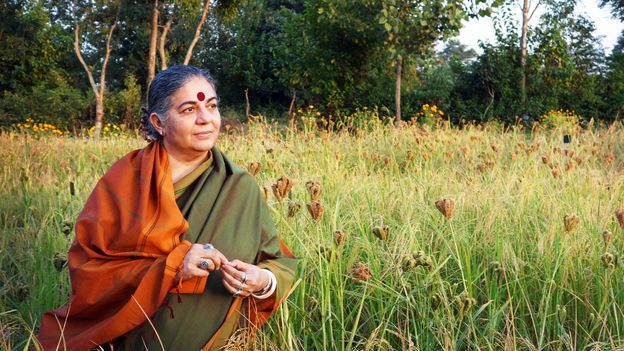Sandra Myrna Díaz was born on October 27, 1961, in Bell Ville, Province of Córdoba, and is an Argentine biologist specializing in the plant biodiversity of ecosystems.
Díaz is recognized for her strong commitment to projects, research, and associations focused on issues related to biodiversity—particularly plant diversity—climate change, and environmental change.
The Argentine biologist is the author of various scientific, academic, and outreach projects aimed at bringing awareness of the importance of biodiversity and ecosystems to society.
Her dedication to numerous initiatives throughout her career has earned her several national and international awards and distinctions. Among these, the most notable is the Nobel Peace Prize.
Díaz: her entry into the scientific field
Díaz first graduated as a Biologist from the National University of Córdoba in 1984. A year later, she obtained the title of Professor in Biological Sciences at the same university, and four years later, she completed her PhD in Biological Sciences, specializing in Ecology.
After her doctoral studies, Díaz conducted postdoctoral research in England and taught at the National University of Córdoba.
She also became a researcher at the National Scientific and Technical Research Council (CONICET) after joining the Multidisciplinary Institute of Plant Biology (IMBIV). IMBIV, also part of the National University of Córdoba, aims to bring knowledge to the public about biodiversity, its management, and the use of natural resources.
Díaz and climate change on her agenda
In addition to her work as a researcher and teacher in different countries and institutions, Díaz has consistently been involved in various associations, projects, and studies centered on climate change.
Among the positions she has held, the Argentine biologist has been responsible for project evaluation for National Geographic and for the Biomedical Sciences area at CONICET.
She is also a member of the United States National Academy of Sciences, being the first Argentine woman ever elected to it.
Furthermore, she collaborates with several institutions, such as the U.S. Environmental Protection Agency and the Argentine National Parks Administration.
In her research, Díaz and her team improved the understanding of plant biodiversity by developing a methodological tool. Biodiversity, understood as the variety of living beings, directly influences natural resources and their availability.
Through her investigations, the Argentine biologist seeks to connect biodiversity with environmental changes, such as climate change and land-use changes.
A distinguished career: the Nobel Peace Prize
Thanks to her involvement in causes focused on climate crises and her research throughout her career, Díaz has been the recipient of multiple awards.
Among the most important, the Argentine biologist received the Guggenheim Fellowship, awarded by the John Simon Guggenheim Memorial Foundation, which highlights the contributions of professionals in natural sciences, among other fields.
She also received the Zayed International Prize for the Environment, an international recognition that rewards contributions to sustainability.
In addition, Díaz was awarded the Cozzarelli Prize from the U.S. National Academy of Sciences, which recognizes six outstanding scientific articles published in its journal.
Among her many distinctions, the most important is the Nobel Peace Prize, which she received in 2007 along with other members of the Intergovernmental Panel on Climate Change.
This Panel is dedicated to providing knowledge on climate change, its impact on society, and possible responses and courses of action.
Its reports cover issues such as climate patterns, human activity, and environmental impact, among others.
Díaz has also received the title of Doctor Honoris Causa, the highest distinction from the University of Bologna. This honor was awarded in recognition of her commitment to projects aimed at improving the relationship between humans and nature.
Throughout her career, Díaz has authored numerous publications and participated in multiple projects, initiatives, and research focused on plant biodiversity, ecosystems, and climate change. Thanks to her presence in various institutions, the Argentine biologist stands out in the fields of biology and ecology.




